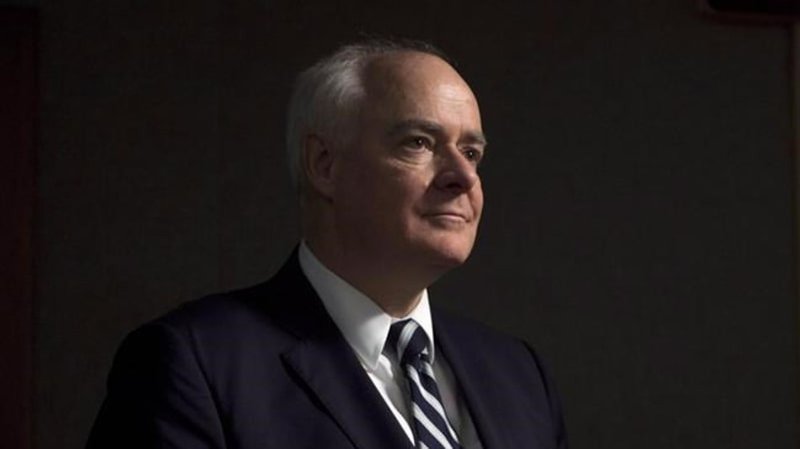
As Freeland takes finance job, crisis will dictate spending plans, experts say
OTTAWA — Perrin Beatty was on his way home from the office when his phone rang. It was Chrystia Freeland, who 24 hours earlier had become Canada’s finance minister.
For the president of the Canadian Chamber of Commerce, the call signalled how Freeland will approach her new portfolio — reaching out to multiple stakeholders and listening to ideas before embarking on a path forward.
“She’s hard-working. She’s accessible. She’s pragmatic,” Beatty said.
As much as some might see her as a change from Bill Morneau, who abruptly resigned Monday, there was no hint of a major shift in her earliest hours in the job.

